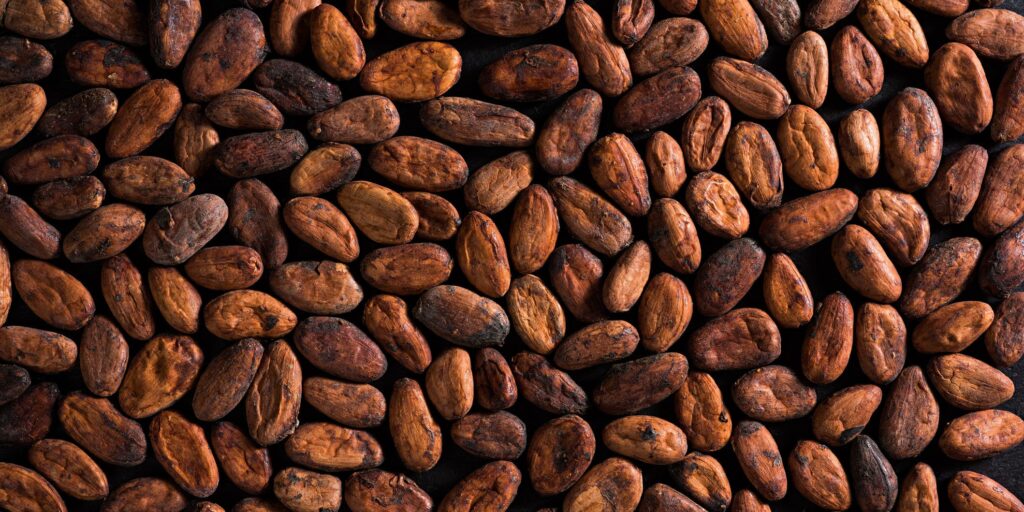- Cocoa futures topped a new high on Thursday, hitting over $10,770 a ton.
- Supply stress is behind the price gains, with more to come as Nigeria prepares for flooding.
- Production is forecast to fall short of demand by 374,000 metric tons this season.
Cocoa prices are soaring to new highs as the raw chocolate ingredient staggers through an immense supply crisis, with more headwinds building.
Futures topped a record $10,770 a ton on Thursday, marking a sharp gain of 153.4% since the start of the year.
Sagging inventory is the main driver behind the huge price appreciation, as poor weather and crop disease batter harvests in big producer states like the Ivory Coast and Ghana. Pay for regional farmers, meanwhile, has fallen behind, straining their ability to make the investments needed to keep up, Bloomberg reported.
And more problems are coming. According to the outlet, projections for Nigeria's cocoa output are being pulled down as the country readies for massive flooding. The at-risk zone accounts for 94% of the nation's cocoa production, and output losses are expected to be colossal, Bloomberg said.
Production is forecast to fall behind demand by 374,000 metric tons this season, according to the International Cocoa Organization.
In fact, some cocoa traders are already facing a complete lack of beans, with both Ghana and the Ivory Coast asking for deliveries to be delayed. For instance, the Ghana Cocoa Board has proposed that bean sales of up to 250,000 tons be rolled over into the next season, sources told the Financial Times.
Prospects haven't been much better for investors. With futures spiking so rapidly, many traders have made a beeline for the exits, and cocoa futures trading has hit historical lows, Bloomberg said.
"It's so illiquid, I'm not touching it," Darrell Martin, co-founder of Apex Trader Funding and a day trader himself, told Business Insider last week.
All this is already hitting consumer pockets, as retail chocolate prices have followed the surge in cocoa. Last year, US stores charged 11.6% more on these products than in 2022.
